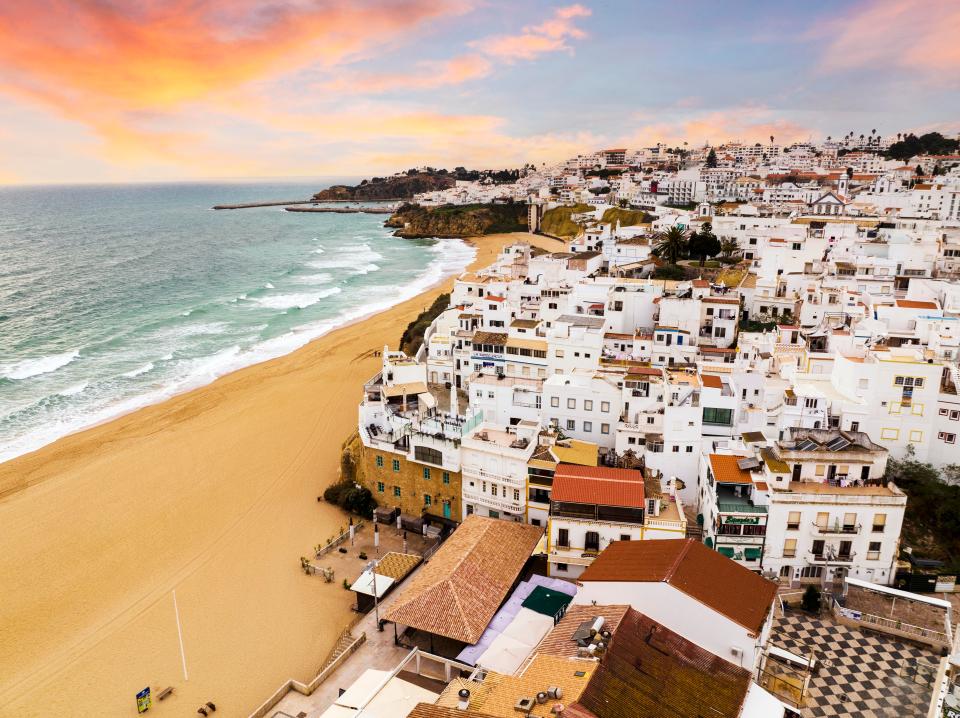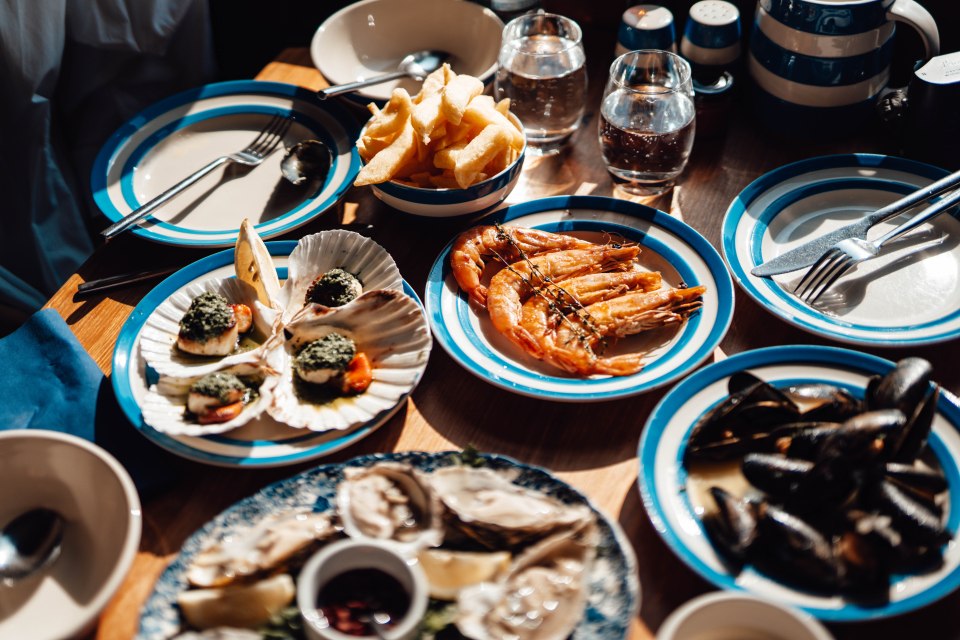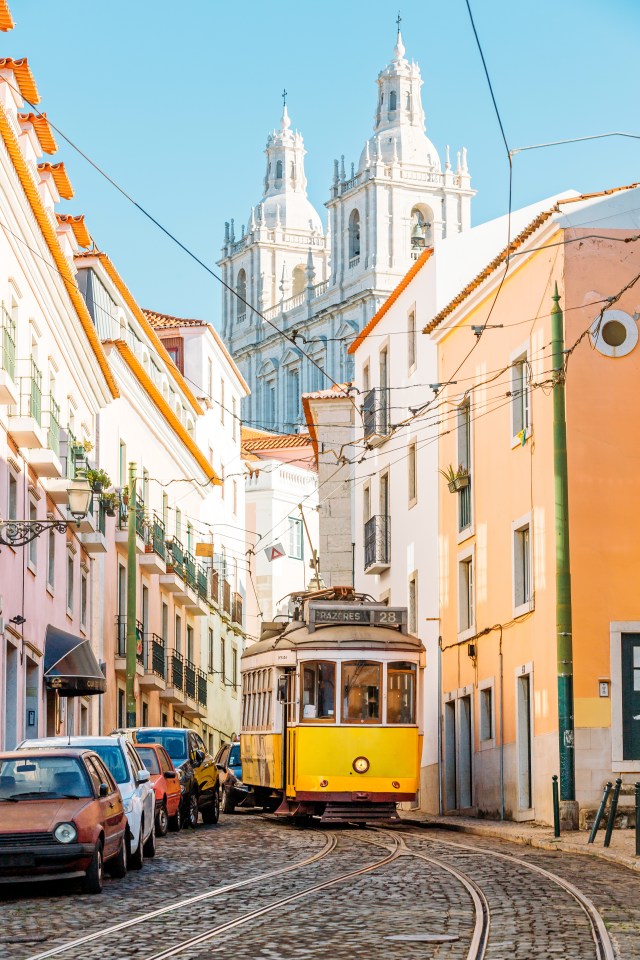WHEN I decided to move to Portugal in 2020, I had been living in London – one of the most pricey cities in the world, let alone the UK – for just under a decade.
However, I was amazed by how costs in my new base, Lisbon, were less than I had experienced even in many parts of the UK, making it an overall more affordable place to live.
From dining out to getting around, I have been amazed how my money has been able to go further compared to back home.
Having said that, rising costs have affected Portugal, like they have in other parts of Europe in the past few years – and it’s worth noting that the minimum wage here is significantly lower than the UK.
There has been particular resentment among locals about soaring rents and house prices, believed to be driven by expats and tourists.
However, the prices of many everyday things has remained rather affordable – as I’m reminded every time I pop back to the UK – and these are some of the impressive savings that can be made…
Booze for less than a fiver
Just like us Brits, the Portuguese are passionate about their beer – namely Super Bock, produced in the north, and Sagres, which comes from the south.
A bottle of the lager-style duo – which is slightly smaller than a British pint – will often cost just a couple of euros each.
Another alcoholic beverage prevalent in Portugal is wine, and the country has many delicious varieties that are low in price for the very reason they are home-grown.
At many bars, restaurants and quiosques, you can still purchase a top-quality house white or red for just a few euros.
Coffee for a quid
The Portuguese love of coffee is strong, to the point where most homes will have an espresso machine in the kitchen and seeing a packet of the instant stuff is rare.
However, when they are getting their caffeine fix in a traditional café, you’ll usually see locals stood up at the counter quickly sipping on an espresso.
It will probably have set them back between 50 and 80 cents, although that might tip over the one euro mark (around 80p) if you sit down at a table.
If an espresso is not to your taste, then coffee with milk – called a ‘galão’ – will usually come in at under two euros.
Affordable beach luxury
While other European coastal destinations might charge you a small fortune to enjoy the finer aspects of beach life, in Portugal it is comparatively cheap.
Many sandy spots will have traditional cafés selling competitively priced seafood – usually fresh and caught locally.
It is also possible to rent a sunlounger at the beach for less than a tenner, based on two people sharing a pair of beds with an umbrella for shade.
Surfing your thing? Portugal has some of the best waves in Europe, and you can rent a surfboard and wetsuit in many places for less than €20 (£17) a day.
Dining out for less
Portugal is famed for its delicious food, which include authentic just-out-the-oven pastel de nata for a couple of euros.
However, it’s going to a restaurant for lunch or dinner where the savings really become apparent.
The typical Portuguese way to dine is to share several dishes in a group in the style of ‘petiscos’ – their version of tapas – which makes dining out for £10 to £20, minus drinks, a regular occurrence.
When you receive the bill, it’s common for there to be no 12.5 per cent service charge automatically added to the total – so it’s at your discretion, and very much appreciated by staff, if you do want to tip.
Cheaper to get around
Many Portuguese locals choose to get from A to B in cars or on motorbikes.
However, taking public transport can allow you to better enjoy the scenery – and it will save you a fortune too.
A ride on a regional train service – such as from the 40 minutes from Lisbon to Caiscais – will set you back only a couple of euros.
Meanwhile, the monthly ‘Navegante’ travel pass gives you unlimited use of public transport – including the famous trams – in the capital area for less than £30 per month.

















